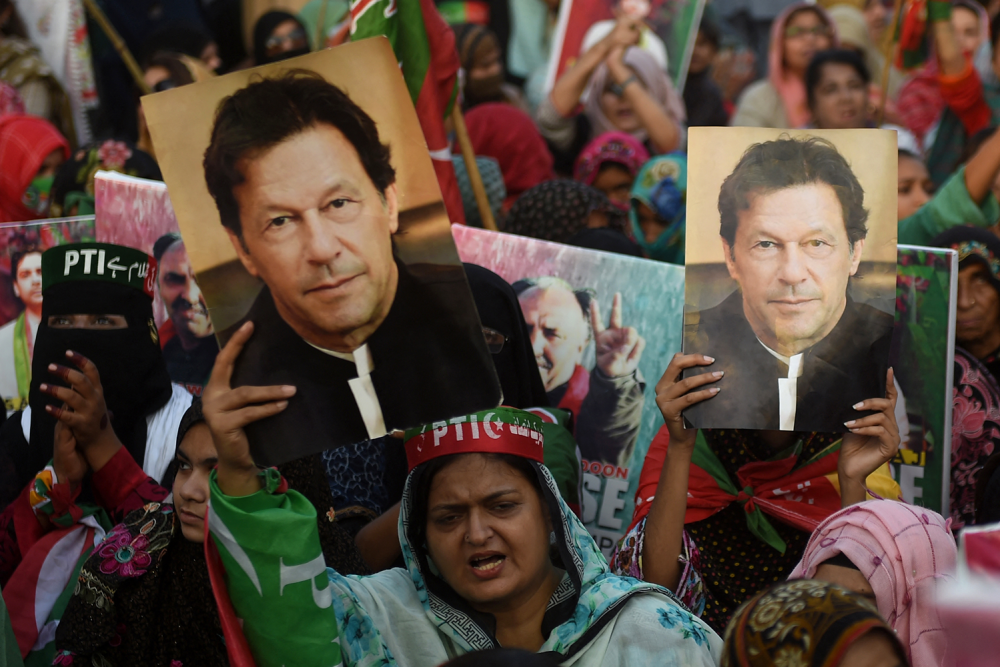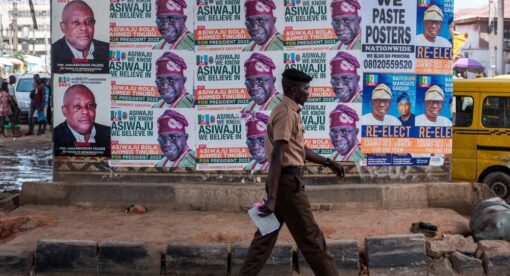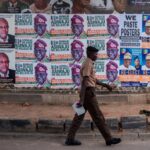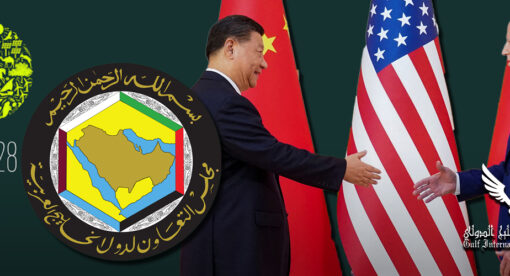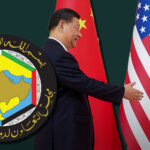An isolated junta would be cripplingly dependent on Beijing.
March 14 was a dramatic day for Pakistan. This was the day, the country’s military said, that it would arrest Imran Khan. He was once an international cricketer, then a politician, then prime minister, and is now, after being deposed as PM by a no-confidence motion last year, a tub-thumping campaigner against what he describes as a corrupt system tying the Pakistani military and the rest of the country’s political parties together. (I was a policy adviser to Khan between 2012 and 2014 but have no professional contact with him at present.)
But the day turned into a triumph for Khan after the police were unable to arrest him. The aftermath has been unlike anything in contemporary Pakistani history. The military, which has governed the country alongside chosen cooperative politicians since independence from Britain 75 years ago, now faces a serious threat from an insurgent who uses the language of democracy and the rule of law. And in response, it’s increasingly possible that the military, tired of playing chess against Khan, will simply sweep the pieces from the board.
In recent months, Khan has led his supporters in a series of mass rallies and mass marches. He has been shot at and wounded. His political supporters have clashed with police; they say they were attacked, while the police say the opposite. And members of Khan’s Pakistan Tehreek-e-Insaf (PTI) party have been arrested and, they allege, tortured in police custody. One supporter was allegedly tortured to death last week.
Read the rest in Foreign Policy.

